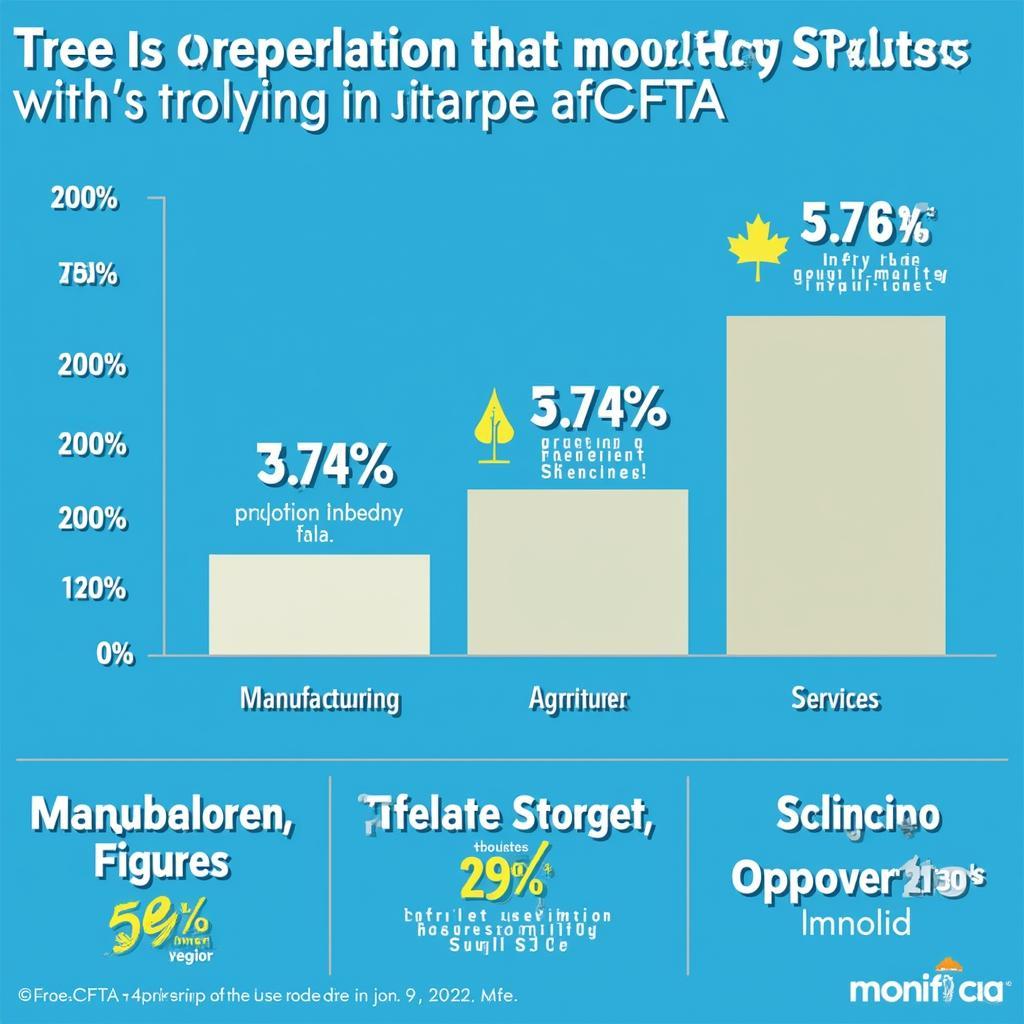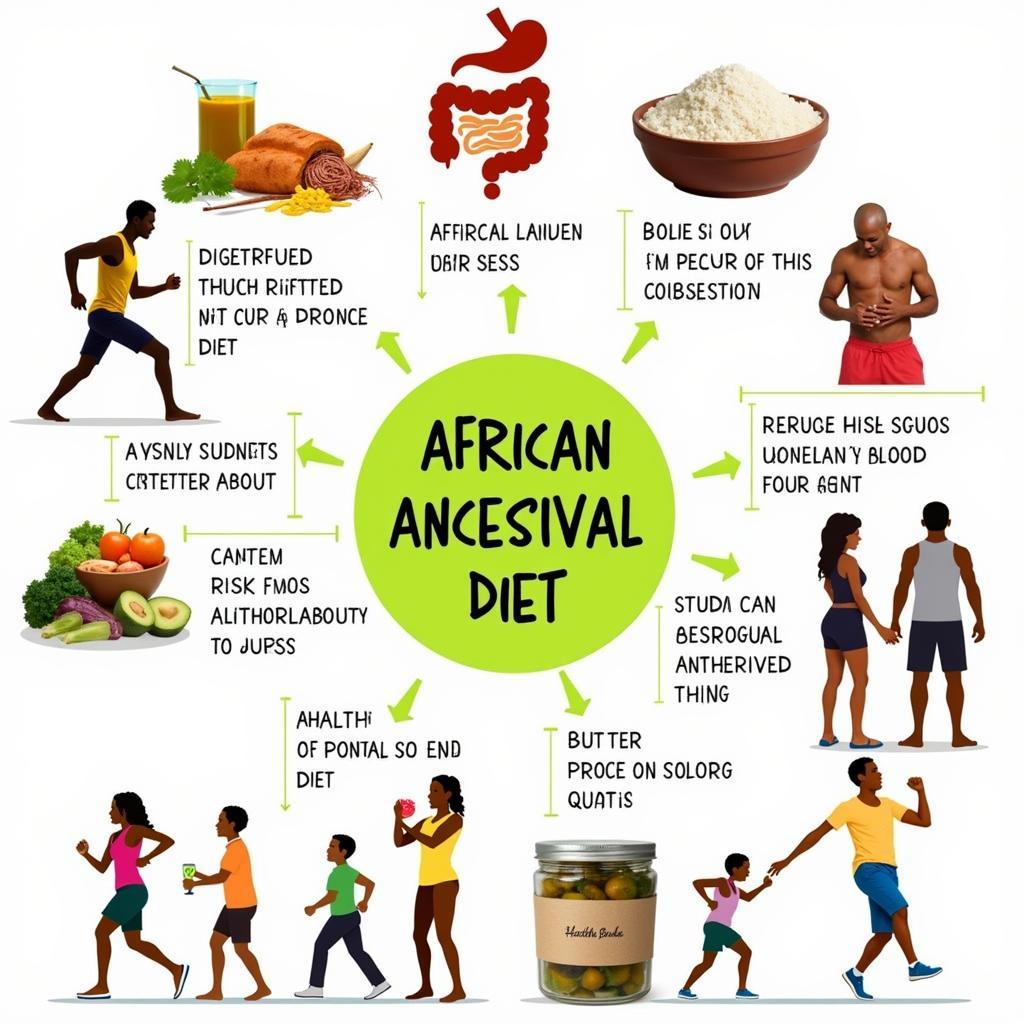Unlocking Africa’s Potential: The African Continental Free Trade Agreement (AfCFTA)
The African Continental Free Trade Agreement (AfCFTA) has been hailed as a game-changer for the continent’s economic future. Signed in 2018 and launched in 2021, this ambitious agreement aims to create a single continental market for goods and services, with free movement of businesspeople and investments.
Understanding the AfCFTA: A Continent United by Trade
The AfCFTA is more than just a trade agreement; it represents a paradigm shift in how African nations approach economic development. By dismantling trade barriers and fostering regional integration, the AfCFTA is expected to boost intra-African trade, stimulate industrialization, and create millions of jobs. The African Union has spearheaded this initiative, recognizing the immense potential of a unified African market.
One of the key objectives of the AfCFTA is to reduce tariffs on 90% of goods traded between African countries. This will make African products more competitive within the continent and globally. This also facilitates the movement of goods and services across borders, stimulating competition and innovation. The agreement also addresses non-tariff barriers, such as cumbersome customs procedures and bureaucratic red tape, which have long hampered intra-african business trade.
What are the Benefits of the AfCFTA?
The AfCFTA is poised to bring numerous benefits to African economies, businesses, and consumers. By creating a larger market, the agreement will attract foreign investment, boost economies of scale, and promote specialization. This will lead to increased productivity, higher wages, and improved living standards for millions of Africans.
- Increased Intra-African Trade
- Job Creation
- Industrial Development
- Economic Diversification
- Enhanced Competitiveness
How Will the AfCFTA Impact Different Sectors?
The AfCFTA’s impact will be felt across various sectors. The manufacturing sector is expected to benefit significantly from increased demand and access to cheaper inputs. The agricultural sector will gain access to new markets, boosting agricultural productivity and food security. The service sector, including tourism and financial services, will also experience significant growth.
 Impact of AfCFTA on Various Sectors
Impact of AfCFTA on Various Sectors
“The AfCFTA represents a unique opportunity for Africa to harness its vast potential and transform its economic landscape,” says Dr. Aboubakar Soumahoro, a leading economist specializing in African trade. “By fostering regional integration, the agreement will create a more dynamic and competitive business environment.”
Challenges and Opportunities of the AfCFTA
While the AfCFTA offers immense potential, its successful implementation faces several challenges. These include addressing infrastructure deficits, harmonizing regulations, and building capacity in customs administration. Overcoming these challenges will require strong political will, effective coordination among member states, and sustained investment in infrastructure and human capital.
What are the Key Challenges for Implementing the AfCFTA?
Some of the key challenges for implementing the AfCFTA include:
- Infrastructure Gaps
- Regulatory Harmonization
- Capacity Building
- Funding
“Addressing infrastructure gaps is crucial for unlocking the full potential of the AfCFTA,” says Professor Aisha Ogunbiyi, an expert in infrastructure development in Africa. “Investing in roads, railways, ports, and energy infrastructure will facilitate the movement of goods and services and reduce trade costs.”
The Future of the African Free Trade Area
The AfCFTA is a landmark achievement for Africa, representing a major step towards regional integration and economic transformation. While challenges remain, the agreement has the potential to unlock significant economic growth and development across the continent. By working together, African countries can overcome these challenges and realize the full benefits of the AfCFTA. african countries by gdp growth rate are expected to improve significantly.
The AfCFTA has the potential to lift millions of Africans out of poverty and create a more prosperous and integrated continent. The successful implementation of this historic agreement will require sustained commitment and collaboration among African nations, as well as support from the international community.
Conclusion
The African Continental Free Trade Agreement (AfCFTA) is a transformative agreement that has the potential to reshape the economic landscape of Africa. By removing trade barriers and fostering regional integration, the AfCFTA is expected to unlock significant economic growth, create jobs, and improve the lives of millions of Africans.
FAQ
- What is the AfCFTA? (The AfCFTA is a free trade agreement among African countries aiming to create a single continental market for goods and services.)
- When did the AfCFTA come into effect? (The AfCFTA officially launched on January 1, 2021.)
- How many countries are members of the AfCFTA? (All 55 member states of the African Union have signed the AfCFTA agreement.)
- What are the main objectives of the AfCFTA? (The main objectives include boosting intra-African trade, promoting industrialization, and creating jobs.)
- How will the AfCFTA benefit African consumers? (Consumers will benefit from lower prices, greater choice, and access to higher quality goods and services.)
- What are some of the challenges facing the AfCFTA? (Challenges include infrastructure deficits, regulatory harmonization, and capacity building.)
- How can I learn more about the AfCFTA? (You can find more information on the African Union website and various online resources.)
Need help with the African Continental Free Trade Agreement (AfCFTA)? Contact us! Phone: +255768904061, Email: [email protected] or visit us at Mbarali DC Mawindi, Kangaga, Tanzania. We have a 24/7 customer service team.




